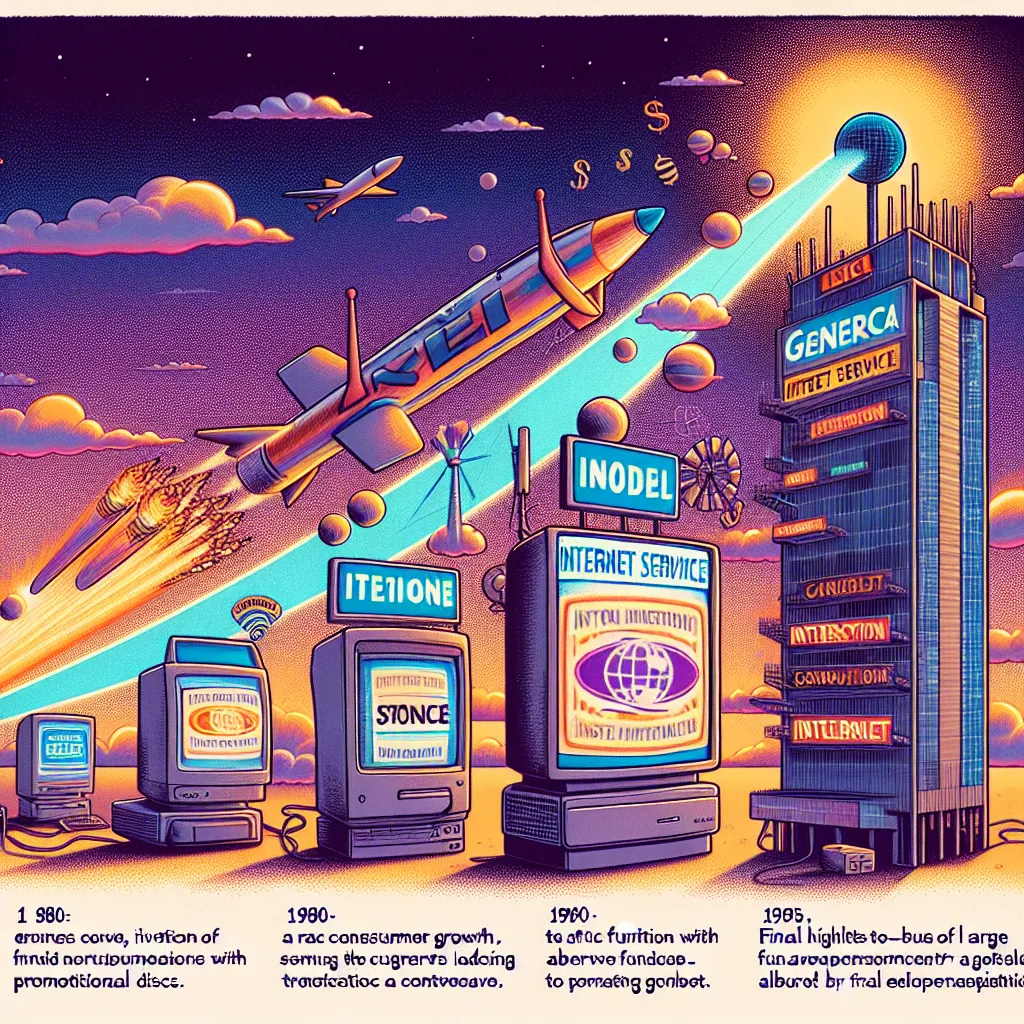The 1973 OPEC oil embargo stands as a watershed moment in global economic history, reshaping the landscape of international finance and energy politics in ways that continue to reverberate today. As I delve into this complex topic, I’m struck by how a single event can trigger such far-reaching consequences across the world’s financial systems.
Let’s begin by setting the stage. In October 1973, the Organization of Arab Petroleum Exporting Countries (OAPEC) announced an oil embargo against nations perceived as supporting Israel during the Yom Kippur War. This decision sent shockwaves through the global economy, exposing the fragility of energy-dependent Western nations and dramatically altering the balance of power in international relations.
The immediate impact was staggering. Oil prices quadrupled in a matter of months, skyrocketing from around $3 per barrel to nearly $12. This sudden spike unleashed a wave of inflation across developed economies, while simultaneously stifling economic growth. The result was a phenomenon that came to be known as “stagflation” - a toxic combination of high inflation and economic stagnation that challenged conventional economic wisdom.
As I reflect on this period, I’m reminded of a quote by Henry Kissinger, who served as U.S. Secretary of State during the crisis:
“Who controls the food supply controls the people; who controls the energy can control whole continents; who controls money can control the world.”
This statement encapsulates the profound shift in global power dynamics that the oil embargo precipitated. Suddenly, OPEC nations found themselves wielding unprecedented economic clout, while Western economies grappled with their vulnerability to external energy shocks.
The financial repercussions were immense and multifaceted. Stock markets plummeted, with the Dow Jones Industrial Average losing nearly half its value between January 1973 and December 1974. Inflation soared, reaching double digits in many countries. Central banks, caught off guard by this supply-side inflation, struggled to formulate effective monetary policies.
But perhaps the most significant long-term impact was the birth of the petrodollar system. As oil-exporting nations accumulated vast wealth, they began recycling these dollars back into Western financial markets. This influx of capital reshaped global finance, strengthening the U.S. dollar’s position as the world’s reserve currency and creating new challenges and opportunities for financial institutions.
The crisis also spurred innovation in financial markets. Energy futures contracts, which allow market participants to hedge against price volatility, gained prominence. New financial instruments for managing commodity risk emerged, laying the groundwork for today’s sophisticated derivatives markets.
As I ponder these developments, I can’t help but wonder: How might our financial systems have evolved differently without the catalyst of the oil embargo? What alternative paths might global economic development have taken?
The embargo’s effects extended far beyond the immediate market turmoil. It fundamentally altered how governments and businesses approached energy policy and economic planning. The crisis exposed the dangers of over-reliance on a single energy source and spurred investment in alternative energy technologies. It also led to the creation of strategic petroleum reserves in many countries, a precautionary measure that continues to play a crucial role in energy security today.
The geopolitical ramifications were equally profound. The crisis marked the end of an era of cheap, abundant oil and ushered in a new age of energy diplomacy. It shifted the balance of power away from Western oil companies towards national oil companies in producing countries, a change that continues to shape global energy markets.
Reflecting on this period, I’m struck by the parallels with contemporary challenges. Today, as the world grapples with the transition to renewable energy sources and the imperative of addressing climate change, we face the potential for similar disruptions to global energy markets and financial systems.
Consider this: How might the shift away from fossil fuels impact petrodollar recycling and the status of the U.S. dollar as the global reserve currency? What new financial instruments and market structures might emerge to manage the risks associated with this transition?
The lessons of the 1973 oil embargo remain relevant for investors and policymakers alike. It underscores the importance of diversification, both in energy sources and investment portfolios. It highlights the need for robust risk management strategies that account for geopolitical factors. And it demonstrates the interconnectedness of energy markets, financial systems, and international relations.
As we navigate the complexities of today’s global economy, it’s worth remembering the words of Sheikh Zaki Yamani, the former Saudi oil minister:
“The Stone Age did not end for lack of stone, and the Oil Age will end long before the world runs out of oil.”
This prescient statement reminds us that economic paradigms can shift rapidly, often driven by technological change and geopolitical events rather than resource scarcity alone.
The oil embargo of 1973 was more than just a momentary crisis; it was a turning point that reshaped the global financial landscape. It exposed vulnerabilities, sparked innovations, and set in motion trends that continue to influence economic policy and financial markets today.
As we face new challenges - from climate change to technological disruption - the lessons of this period remain invaluable. They remind us of the need for adaptability, the importance of understanding systemic risks, and the potential for seemingly localized events to have global repercussions.
In conclusion, the OPEC oil embargo of 1973 stands as a testament to the profound interconnections between energy, finance, and geopolitics. It serves as a powerful reminder that in our globalized world, the ripples from a single event can transform entire economic systems and redefine the rules of international finance.
As we move forward, we must remain vigilant to similar potential disruptions, always ready to adapt our financial systems and economic strategies to meet new challenges. The oil embargo taught us that the only constant in global finance is change itself - a lesson that remains as relevant today as it was nearly five decades ago.






